Member Directory,
1847 - 1922
George Haven Putnam
Soldier/Publisher/Author
Centurion, 1872–1930
Bayard Taylor and Raphael Pumpelly
London, England
New York (Manhattan), New York
Age twenty-eight
Middle Village, New York
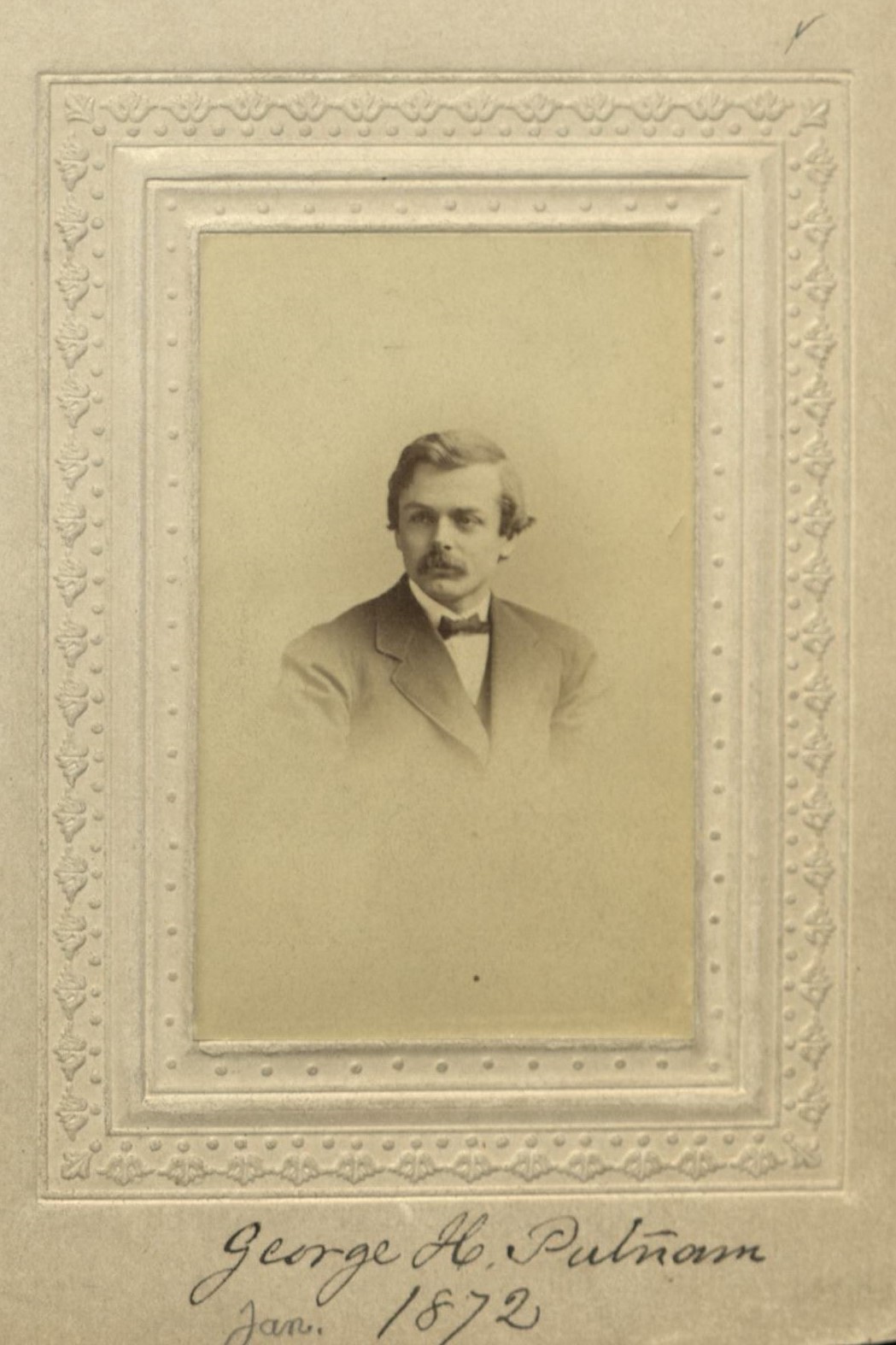
Archivist’s Notes
Second vice president of the Century Association, 1923–1927; designated an honorary member in 1929. Son of George P. Putnam; brother of Herbert Putnam; uncle of George Palmer Putnam.
Century Memorial
There have been members of the Century whose personality was so intimate a part of the Club’s every-day life that the casual visitor at the Club house would leave with a vague sense of disappointment if he did not find them in their accustomed place, and George Haven Putnam was indisputably one of them. The corner chair in the Graham Library in which the Major sat reflectively over his after-luncheon pipe and coffee; the writing-table by the Southeast window in the reading-room, where he pored over proof and manuscript from his brief-case on a summer evening; the particular seat on the right front row which he invariably occupied at monthly meetings—all these came long ago to have associations peculiarly their own. It was not that the Major had a passion for meticulous adjustment of his habits; even pipe and tobacco-pouch, without which the reminiscent picture of him nowadays seems incomplete, were first adopted as a solace to advancing years. But to settled practices, once adopted, he clung in a way that was most unusual.
In his sixties, he was one of the last of the bicyclers who disputed with motor-cars the right to the driveway in the Park. A stiff game of tennis appealed to him long after his eightieth birthday, and so did a morning dip in the Long Island surf. A night journey in a Pullman sleeper was a matter of recreation up to the very last, if an address to a distant audience on the freedom of trade, the War of Secession, the League of Nations, or the English-speaking Union, was scheduled at the end of it. The last thing that ever entered the Major’s mind was relinquishment of these comfortable avocations or retirement from business. To any one who remonstrated with him for this incessant activity, he remarked that the occupation in which he had never taken pleasure was that of doing nothing.
Putnam’s active career had touched intimately, not alone on the vicissitudes of book-making, but on many now far-distant episodes in the country’s history. Three years of service in the ranks during the Civil War carries the imagination reasonably far back; but it was still less easy for a Club-house group to grasp the fact that this practical citizen of the Twentieth century, who was discussing with them public utterances of Hoover or Coolidge, had as an uninvited youth been an occupant of the platform when Lincoln made the historic “Cooper Union speech” of 1859[.] Unlike many other men of long experience, the Major did not insist in his old age on reverting perpetually to such reminiscence. His interest in the latest turn of contemporary events (politics especially) was always paramount. Yet the colorful incidents of his own long past presented a vivid picture if the conversation touched upon them, and it was never quite like any one else’s recollections. The Major was probably the last veteran of the Sixties to refer habitually to his antagonists at the battlefront as “the Rebs.” Those of us who have encountered other survivors of a term in Libby Prison are apt to remember such particulars in their narrative as the starvation rations, the anxious crowding-up to hear the list of “prisoners exchanged,” the hair-stirring incidents of attempted escape. No one but Putnam could possibly have recalled the distinction of being the only inmate in possession of a tooth-brush. Personal reminiscence of the morning after April 14, 1865, is usually all but identical in describing the paralyzing shock that came with the black-edged morning newspaper at the breakfast-table or the hurried hanging of crape on city buildings. It was left for the Major to tell, as he told in the Century barely a year ago, the dramatic story of how the news of Lincoln’s assassination came to his remote Southern military post by way of the negro “grape-vine” rumor, hours before a messenger galloped in from the county town with the telegram.
Even in purely professional reminiscence, the Major’s pictures had a flavor quite their own. As a boy, he remembered Washington Irving chiefly for identifying with the modern Palenville the Hudson River town from which Rip Van Winkle climbed the mountain-clove to the Catskill demons. Edgar Allan Poe was a hazy recollection, but not so the advance by the older Putnam house of $14 on the unfinished “Eureka” of that thriftless poet. Theodore Roosevelt, a “silent partner” in the Putnam firm of 1882, spent most of his time with the Albany legislature; the Major was chiefly fond of describing “Theodore’s” return from that hall of fame to the publishing house on Saturdays, “with enough schemes in his head to bankrupt any publisher in a year.” In the prosaic field of examining manuscripts, such incidents stood out as the Brooklyn doctor’s faltering request that Putnam would himself read and pass upon “my little girl’s book”; the Major’s good-natured consent, his subsequent annoyance at the needless pledge, his decision to read the first few chapters at bed-time so as to get the job off his hands at once and, finally, the absorbing all-night session with the manuscript; for it was “The Leavenworth Case.”
The larger part of the American and English public did not come in touch with our old Centurion’s downright and entertaining conversation; but the Major was to them also a perfectly familiar and thoroughly likeable personality. All of them knew that he spent his own time and energy without measure in every public cause which lay next his heart; that he did so, during a long and active life, without thought of political reward or honor. Some of them doubtless disagreed with the ideas on tariff, civil service, Anglo-American affiliation and League of Nations, from which the Major never allowed his hearers to escape. But they entertained no shadow of doubt that this obstinacy of purpose grew out of absolute sincerity and when, on rare occasions, somebody tried to heckle the stocky veteran with the near-sighted eyes, the grizzled beard and the extremely positive assertion of his doctrine, the body-blow which the heckler got was invariably greeted with unanimous approval.
Alexander Dana Noyes
1931 Century Association Yearbook
Related Members
Member Directory Home-
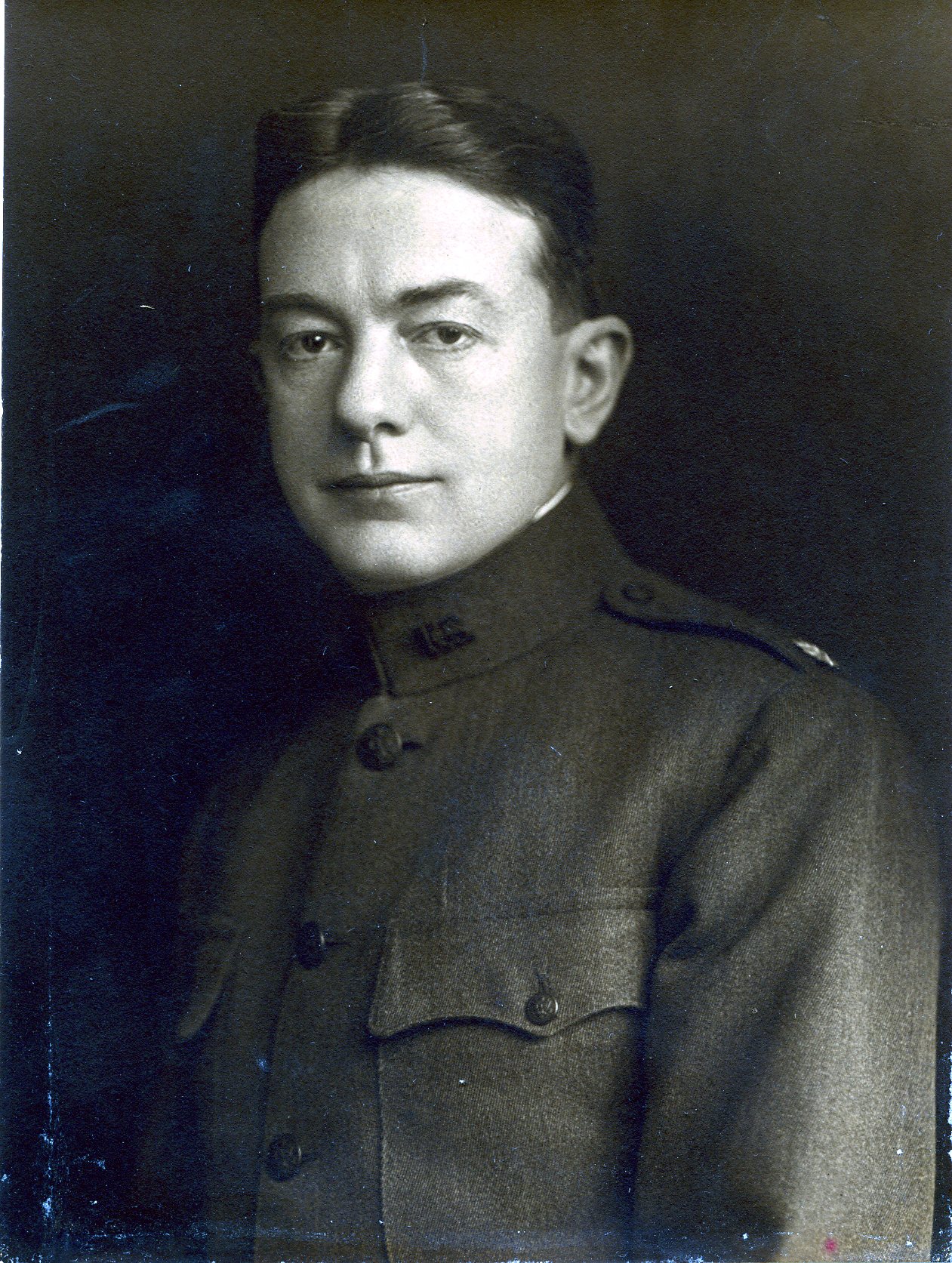 Douglas Wilson JohnsonProfessor of Physical GeographyCenturion, 1918–1944
Douglas Wilson JohnsonProfessor of Physical GeographyCenturion, 1918–1944 -
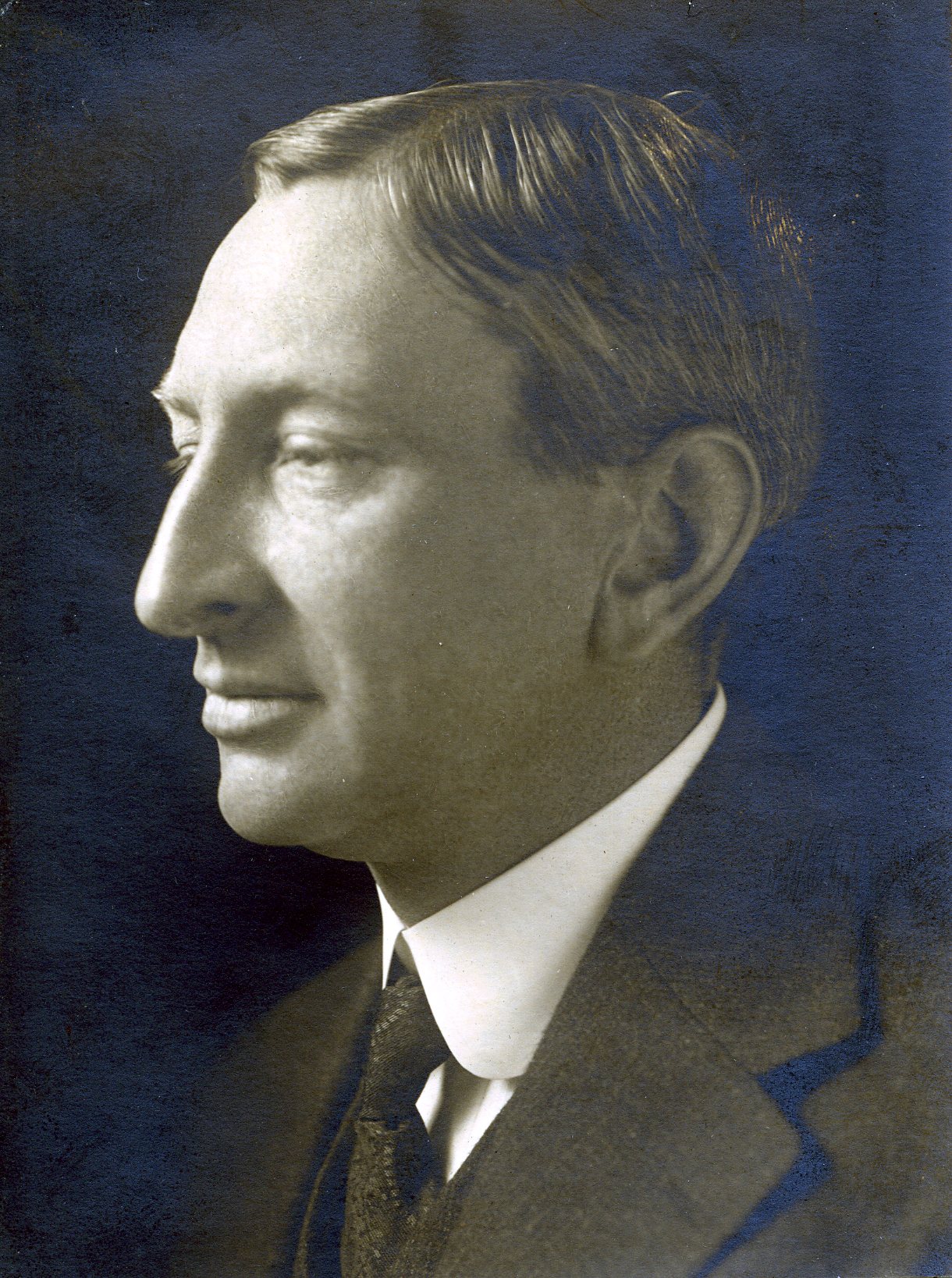 Russell H. LoinesInsurance (Legal Side)Centurion, 1917–1922
Russell H. LoinesInsurance (Legal Side)Centurion, 1917–1922 -
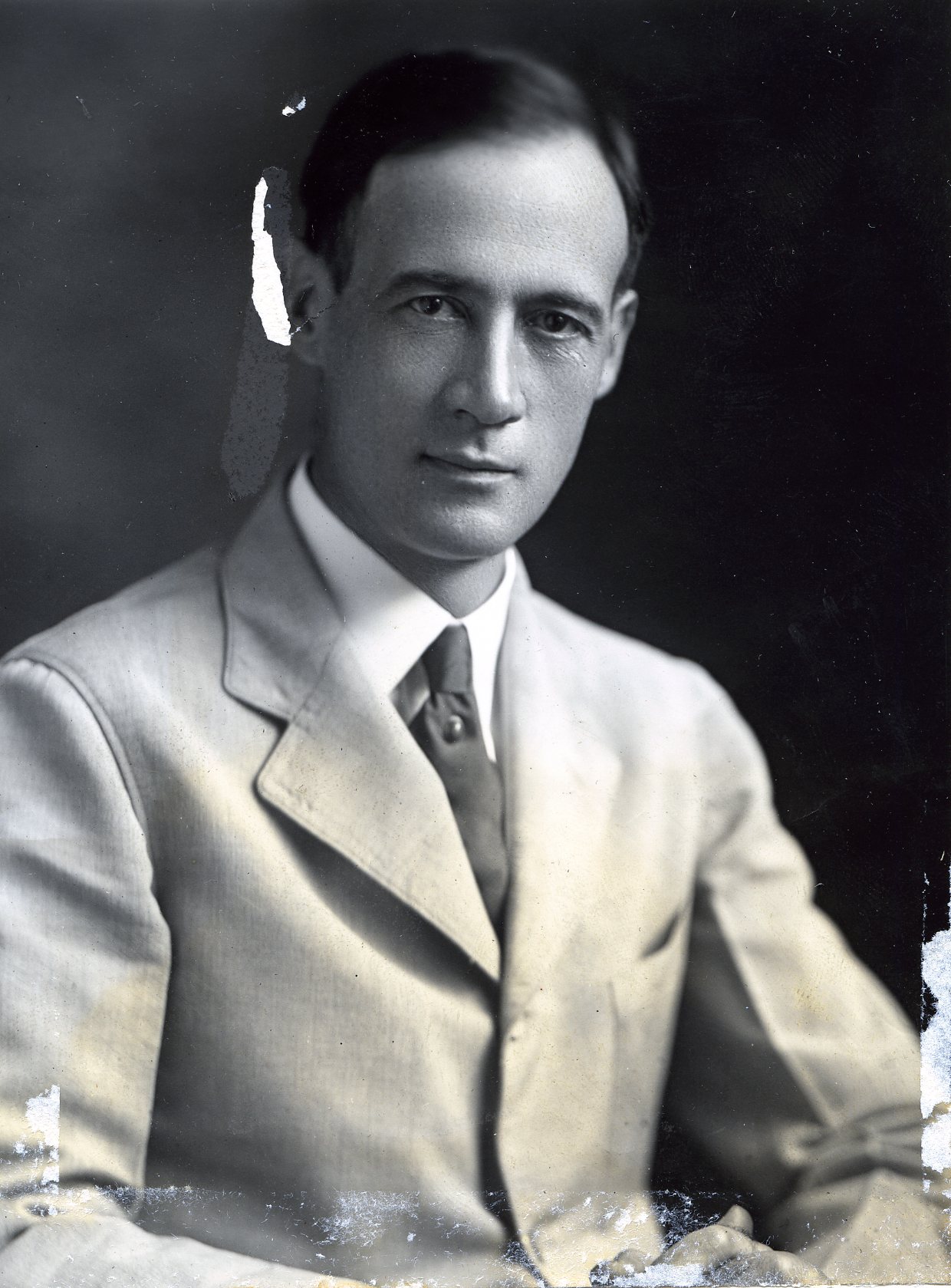 Frederick MooreAuthorCenturion, 1922–1949
Frederick MooreAuthorCenturion, 1922–1949 -
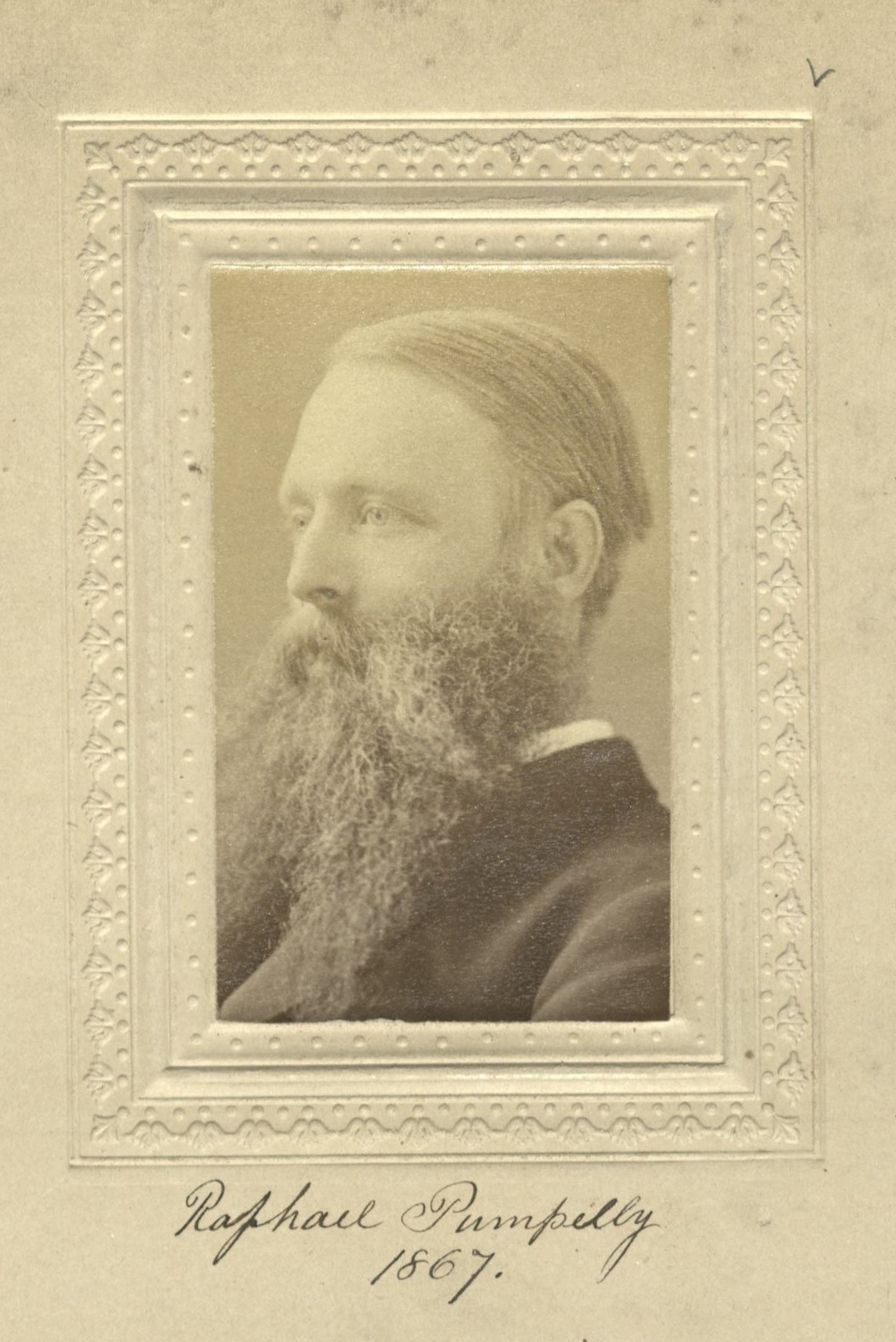 Raphael PumpellyGeologist/ExplorerCenturion, 1867–1923
Raphael PumpellyGeologist/ExplorerCenturion, 1867–1923 -
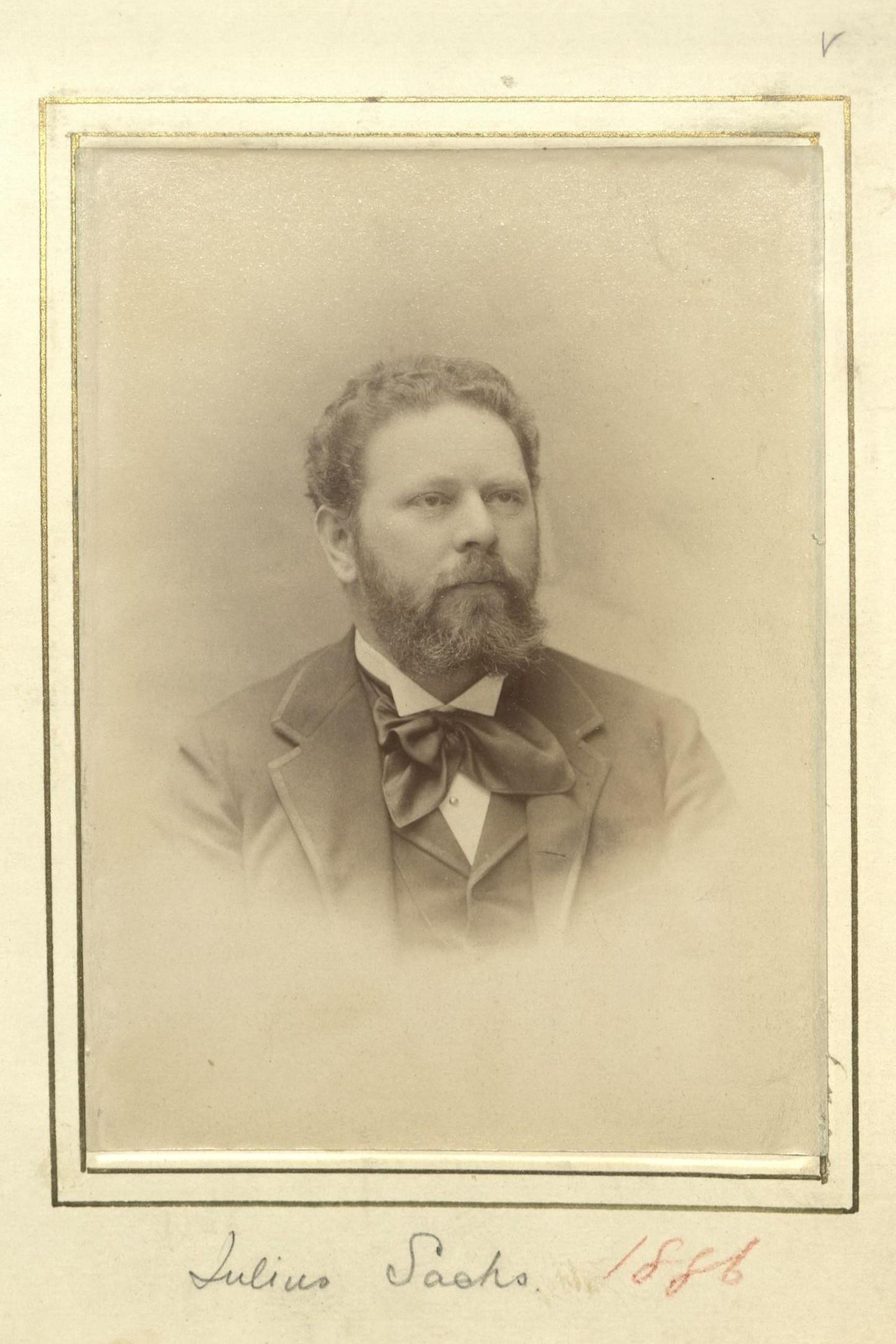 Julius SachsEducatorCenturion, 1886–1934
Julius SachsEducatorCenturion, 1886–1934 -
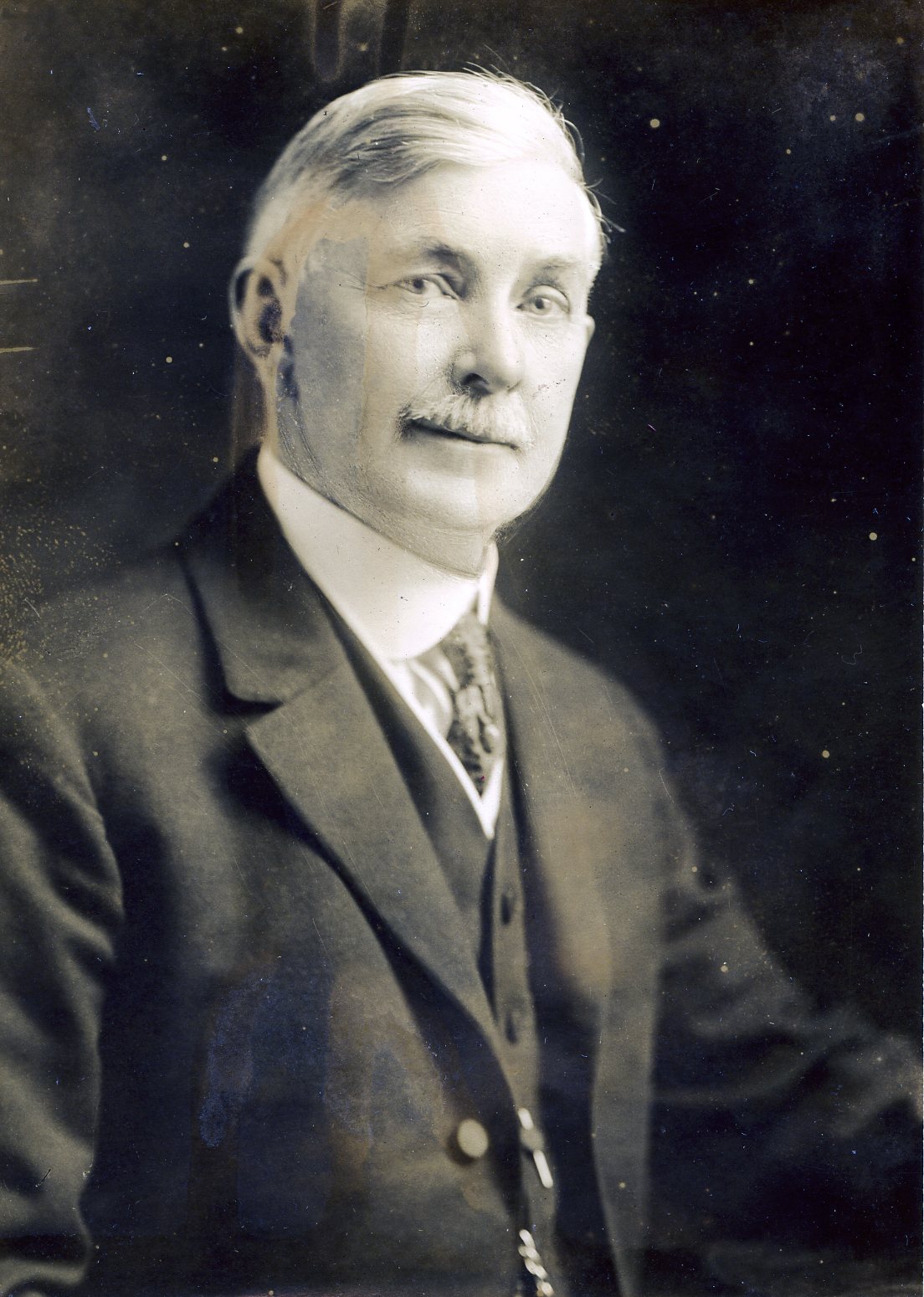 Albert ShawEditorCenturion, 1898–1947
Albert ShawEditorCenturion, 1898–1947 -
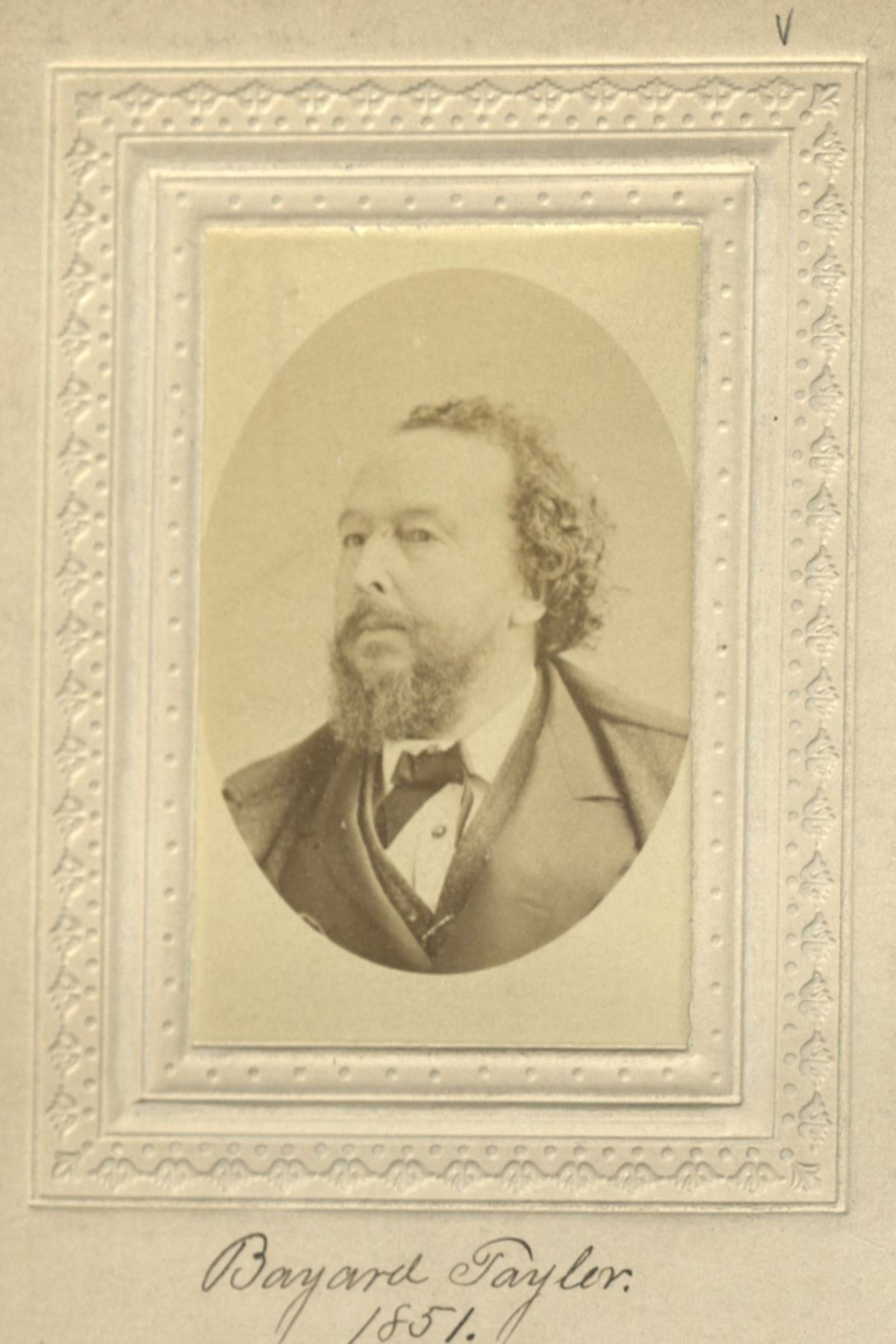 Bayard TaylorPoet/Author/DiplomatCenturion, 1851–1878
Bayard TaylorPoet/Author/DiplomatCenturion, 1851–1878 -
 Edward J. WheelerLiterary JournalistCenturion, 1922–1922
Edward J. WheelerLiterary JournalistCenturion, 1922–1922







